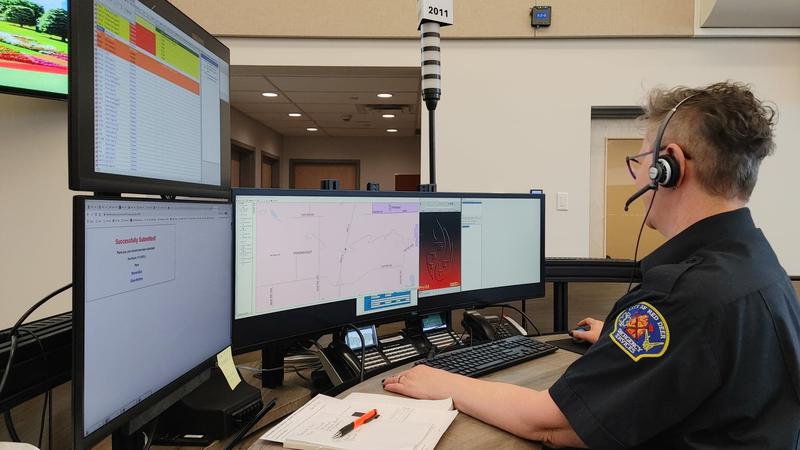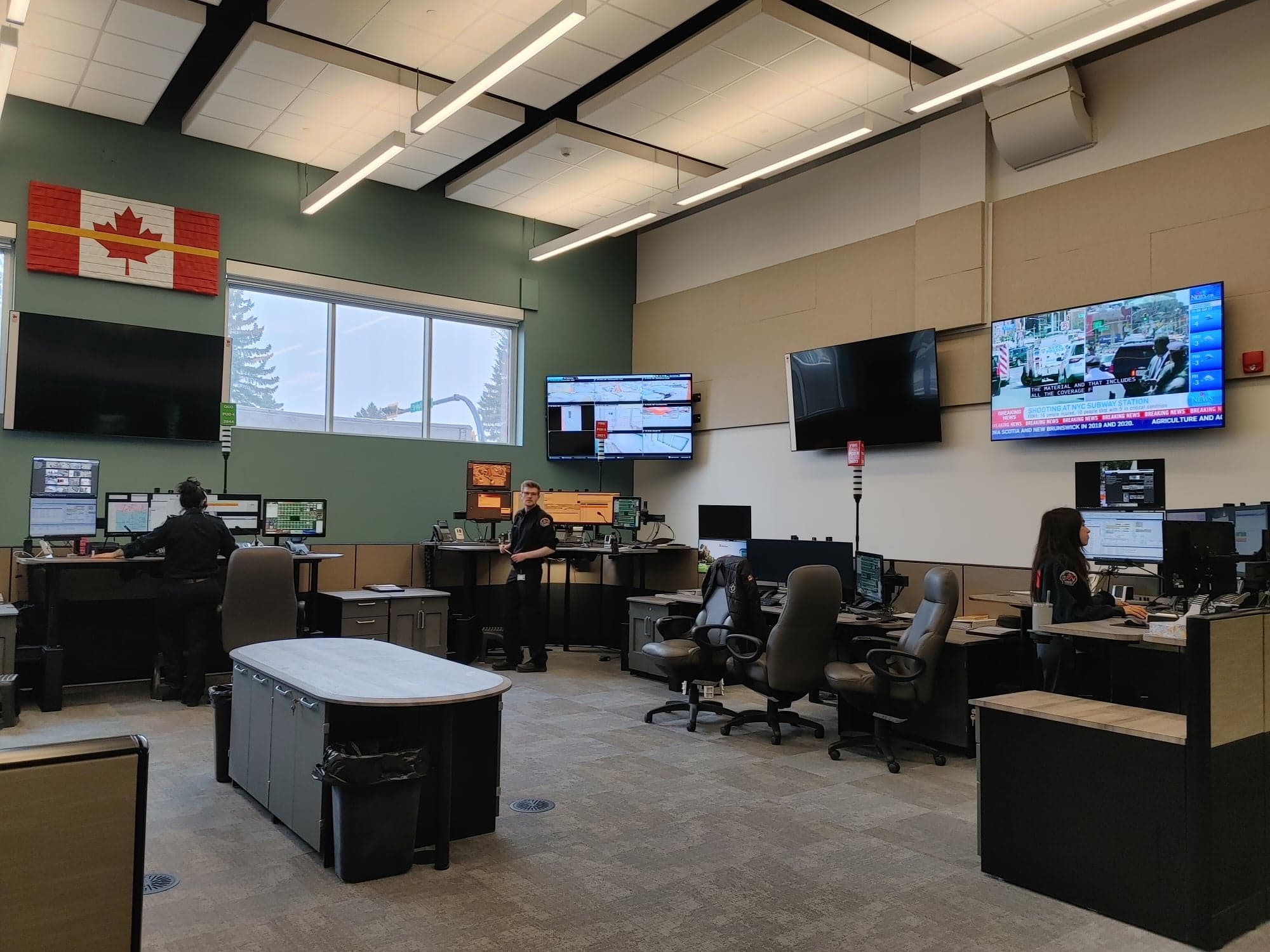
The other end of the line: Appreciating Red Deer Emergency dispatchers
If there’s something strange in your neighbourhood, who are you going to call? A dispatcher.
On the other end of a 9-1-1 call is a Red Deer Emergency Services (RDES) employee, doing what they can to help.
Although debate remains on the emergency ambulance dispatch changes from 2020, what hasn’t changed are the locals working behind the scene.
READ: Mayor not letting up fight for local EMS dispatch service



